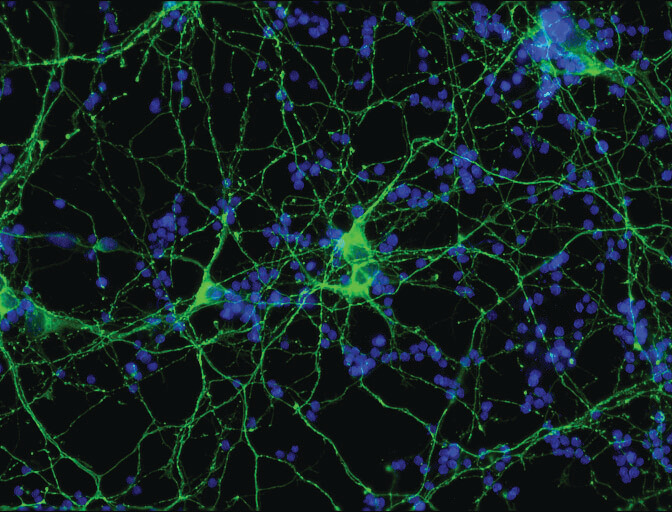
In a recently published article, “Tau Shows Promise as Achilles’ Heel for Alzheimer’s and Similar Diseases,” the respected journal Scientific American reports that the recent emphasis on the understanding of the pathology of tau protein accumulation in the brain represents new hope of finding treatment and cure for many neurodegenerative diseases. Abnormal tau protein accumulation is the major factor in progressive supranuclear palsy (PSP) but also is involved in many other neurodegenerative diseases including Alzheimer’s disease (AD), which afflicts some six million people in the U.S. alone.
According to Kristophe Diaz, CurePSP’s Vice President – Scientific Affairs, this is good news because “we need new approaches, new strategies, a greater understanding of the underlying biology, and, to put it simply, more things to try.”
From 2002 to 2012, 99.6 % of the 413 clinical trials to test new therapies for AD failed. These staggering numbers led many big pharmaceutical companies to abandon research and development in neurodegenerative diseases. “This increase focus on tau and related mechanisms bring new avenues, new excitement, new investments, new scientists, and new techniques,” Dr. Diaz added.
Dr. Diaz explains that new imaging and blood analytical techniques are being developed and validated to identify and measure tau forms in the brain and blood of living humans. While there are many limitations and unknowns in our understanding of the relationship between abnormal tau and disease progression, thanks to these techniques, we now better understand the association between different forms of tau and different neurological diseases.
In addition to talking about these new techniques, the article emphasizes that we ought to focus on the early detection of the accumulation of abnormal tau protein. The earlier we can reliably detect these objective measures, ideally many years before any signs of cognitive decline appear, the sooner we can deploy clinical studies and eventually validate novel therapies.

